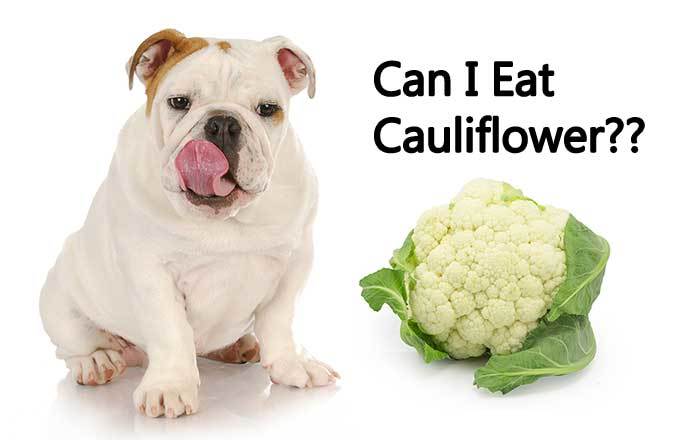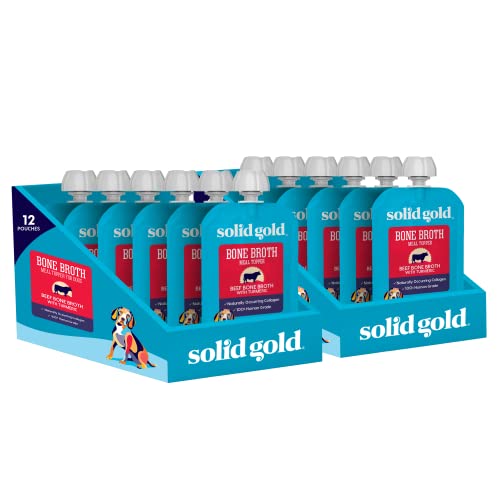You may be wondering “Is Cauliflower Safe for Dogs?” Or “Can Dogs Eat Cauliflower?”
The simple answer is “yes,” dogs can eat cauliflower, and as a pet owner, you shouldn’t be worried about any tragic side effects. However, cauliflower has a reputation for causing gassiness in dogs. Therefore, you’d want to make sure you’re offering the vegetable to your pooch only in small, measured portions.
Remember that unlike humans, gassiness can lead to massive bowel irregularities in dogs. Also, cauliflower isn’t a staple food for dogs.
Therefore, you should only offer it occasionally as a treat. Read on to uncover the benefits and potential hazards of feeding your dog cauliflower.
Varieties of Cauliflower
Though dogs and cauliflower generally agree, it’s better if you know the most appropriate kind of the vegetable to serve your pooch.
Cauliflower is classified into four major categories based on its color. We have green, brown, purple, and yellow cauliflower varieties. You might also come across other rarer types, such as orange cauliflower.
These color variations mostly depend on the country where the vegetable is native. The white variety is the most abundant. However, each type has something that makes it a special recommendation in certain situations.
For instance, the orange variety is believed to be up to 25% richer in vitamin A content. Therefore, it’s more preferable for dogs with vision problems.
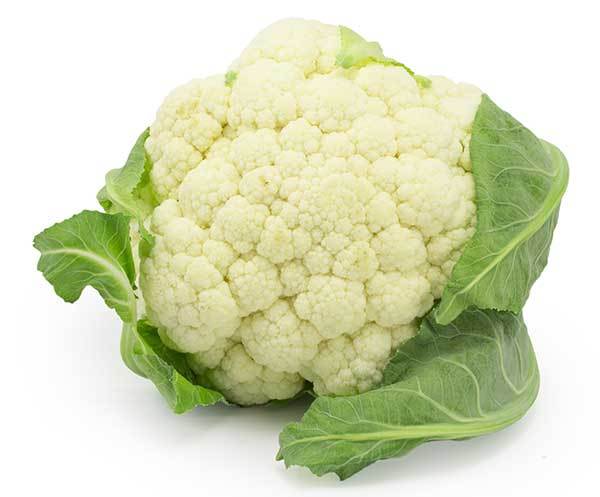
When it comes to fighting off free radicals and boosting your dog’s overall immunity, you might consider the purple variety. So, can dogs eat purple cauliflower?
They sure can. That’s because purple cauliflower contains a unique antioxidant group known as anthocyanins, which are renowned for their immense immune-boosting abilities.
Being the most abundant, all reference will be made to the white cauliflower throughout this article.
Potential Health Benefits of Cauliflower
As a pet owner, it’s not unusual to be wondering to yourself, can my dog eat cauliflower? Cauliflower has numerous health and nutritional benefits; there’s no doubt about that.
And before you consider adding the vegetable to your canine’s diet, you’ll do great to understand what these benefits are.
The main benefits of cauliflower are highlighted below.
1. High in Fiber Content
Fiber is a crucial dietary element for dogs. And cauliflower boasts an abundance of it. A single cup of cauliflower contains up to 3 grams of fiber content.
One of the main functions of fiber is that it enhances the health of your dog’s gut. By feeding the healthy bacteria that are present in the dog’s intestine, fiber significantly helps reduce inflammations.
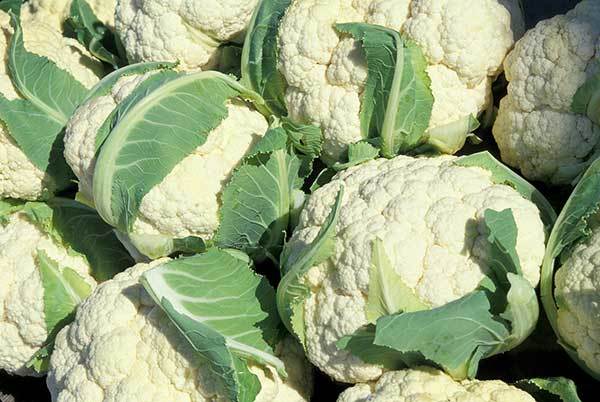
Fiber also improves your pet’s digestive system. It’s especially great for preventing and relieving gastrointestinal complications, such as constipation and bowel incontinence.
If you have an obese dog, cauliflower might come in handy. That’s because the fiber content in the vegetable helps create a feeling of fullness.
Therefore, you can add cauliflower to your dog’s main diet of meat, to limit how much the dog eats. Fiber also helps reduce hunger pangs significantly, thereby assisting your dog to lose weight.
- 10 Benefits in 1 Daily Treat – PetHonesty’s 10-For-1 Multivitamin chews combine a well-rounded blend of the most essential vitamins and supplements…
- Joint Health with Glucosamine – These natural supplement soft chews have high amounts of glucosamine and other joint support ingredients that reduce…
- Improve Digestion with 1 Billion CFU Probiotics – These one a day dog vitamins contain probiotics and pumpkin, which help keep your dog’s digestive…
Last update on 2024-12-21 / Affiliate links / Images from Amazon Product Advertising API
But fiber isn’t the only ingredient in cauliflower that helps with weight loss. The vegetable is also remarkably low in calories. A cup of cauliflower contains a paltry 25 calories. Therefore, you can readily offer the vegetable to your dog without worrying about him adding much weight.
Besides, cauliflower is high in water content, another essential weight-friendly ingredient. Up to 92% of the vegetable’s total weight comprises of water.
Water functions in the same manner as fiber – it creates a feeling of fullness, making the dog eat less. Water is also instrumental in easing bowel incontinence, as well as reversing dehydration.
2. Great Source of Antioxidants
Free radicals are a problem that our pets deal with from time to time. If not eliminated, these free radicals ultimately cause cell damage.
Thankfully, cauliflower contains compounds that are effective in fighting these free radicals.
Notable mentions include isothiocyanates and glucosinolates. These two antioxidants have been shown to be very effective in fighting off the oxidative stress resulting from free radicals.
Therefore, they help to keep your dog safe from a broad range of chronic infections, such as cancer, diabetes, heart disease, and organ damage. So, if you’ve always been wondering, can diabetic dogs eat cauliflower?, you’ve got your answer right there.
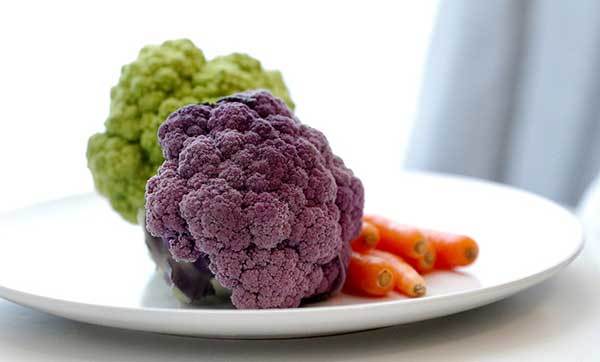
The presence of vitamin C in cauliflower complements the efforts of glucosinolates and isothiocyanates in boosting your canine’s overall immunity.
Vitamin C specifically has anti-inflammatory properties. These might help relieve pain and inflammation, especially in dogs recovering from injuries, surgeries, or cancer-related therapies. Not to mention, Vitamin C is converted into serotonin, a chemical that boosts your dog’s mood.
3. Rich Source of Many Other Essential Elements
Cauliflower contains numerous other essential minerals and vitamins. One cup of the vegetable boasts 45 mg of choline, an essential nutrient that promotes the integrity of cell membranes.
Choline also supports metabolism as well as synthesizes DNA. Besides, the nutrient is associated with brain development. That explains why cauliflower is often recommended for dogs suffering from cognitive and neurological disorders.
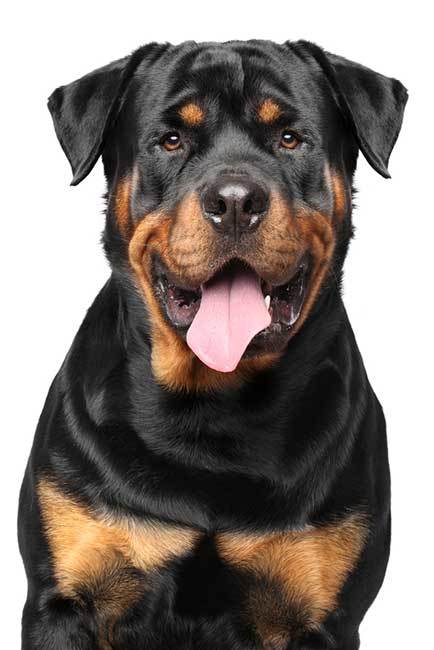
Cauliflower is also high in sulforaphane, a compound known for its cancer-suppressing abilities. Not only does sulforaphane inhibit the growth of cancerous tumors. It also promotes the health of vital organs such as the prostate, colon, and pancreas.
This brings us to the question, can dogs with pancreatitis eat cauliflower? And our answer is a resounding “yes,” as the vegetable inhibits the growth of pancreatic tumors. Not to mention, it boosts the overall health of the organ.
Besides, sulforaphane may lower the susceptibility to canine diabetes and diabetes-related complications, like kidney disease. And that helps settle the question – can dogs with kidney disease eat cauliflower?
Certain studies have also shown that sulforaphane might help regulate blood pressure.
Other essential minerals present in cauliflower include phosphorus, potassium, magnesium, folate, and manganese.
The best part about cauliflower is that it’s easy to incorporate into your dog’s diet. You can offer it to your dog, either raw or cooked. We shall discuss that in detail later on.
Evidently, cauliflower comes with a cocktail of health and dietary benefits to your pooch. But the question remains – can dogs have cauliflower?
- One (1) 13 lb bag of ACANA Singles Limited Ingredient Duck and Pear Dry Dog Food
- Grain free** dog food features 65 percent*** high-quality duck ingredients and 35 percent**** fruit, vegetables and nutrients
- A fiber-rich blend of pears, sweet potatoes and pumpkin help provide dog digestive support
Last update on 2025-01-03 / Affiliate links / Images from Amazon Product Advertising API
How Much Of Cauliflower Should Your Dog Eat?
That’s a rhetorical question, as it depends on quite a few factors. For example, does your dog like the vegetable and can freely snack on it?
The fact that dogs can eat cauliflower doesn’t necessarily mean they enjoy it. Some canines may find the vegetable repulsive altogether.
But as we’ve already seen, there are so many ways your pooch could benefit from a snack of cauliflower. Whether the dog loves the vegetable or not, always measure your portions.
Dogs have a digestive system that’s not designed to process plant matter. So, too much cauliflower could cause an upset stomach, resulting in a host of gastrointestinal complications. Examples include loose stools, gassiness, nausea, and vomiting.
According to expert vets, anything that isn’t part of a dog’s usual diet might cause life-threatening side effects, especially if we offer the food to the dog in excess.
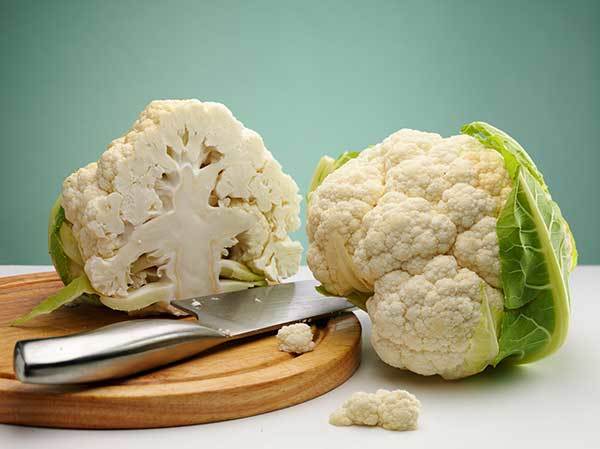
We highlighted the health benefits of isothiocyanates in reversing oxidative stress. However, it’s this very compound that causes gassiness in cauliflower and almost all other cruciferous vegetables.
Isothiocyanates irritate the lining of the dog’s intestines, thereby producing excess gas and causing loose stool. The resultant stinky gas may make your house unbearable. And loose stools are a risk factor for diarrhea and dehydration.
Another thing to remember is that the quantity of cauliflower you give to your dog should be directly proportional to the dog’s age or size.
Puppies and smaller breeds should only have a few bites of the florets. So, is it ok to feed dogs cauliflower?
It’s okay if you keep the portions in check. Generally, your dog should consume just about 5% of plant matter.
How to Feed Your Dog Cauliflower
Like many other vegetables, you might be wondering whether to offer cauliflower to your dog raw or cooked.
Proponents of raw cauliflower might argue that it’s the better option, as the dog gets to enjoy all the nutritional elements in the vegetable. However, can dogs eat raw cauliflower?
The more appropriate question is whether they should. Uncooked cauliflower comes with glaring hazards to your dog.
First, the dog might find it challenging to chew raw cauliflower, by virtue of its toughness. Therefore, you may consider cooking the vegetable to soften it and consequently make it easier for the dog to digest.
Raw cauliflower may also present a choking hazard. As you probably already know, dogs do not masticate their foods the same way we do. Instead, they gulp it down whole. Therefore, they have limited judgment regarding the right bite sizes. Gulping down huge chunks of raw cauliflower might result in choking.
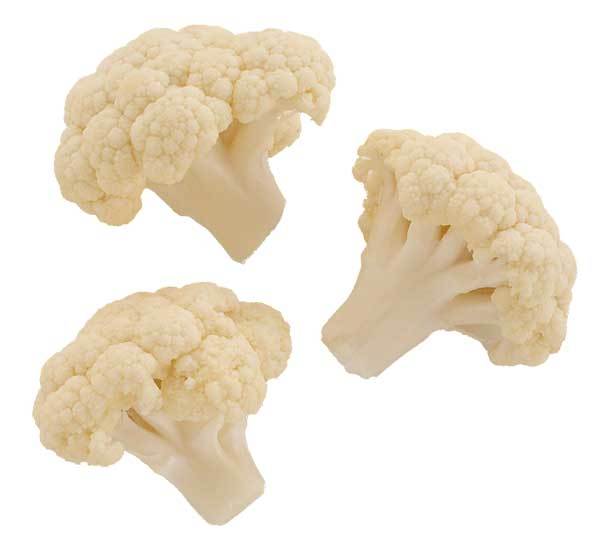
Uncooked cauliflower is also likely to contain harmful bacteria, such as salmonella, as well as traces of toxic aerosol residues. Washing alone may not help to eliminate these dangerous pathogens and chemicals.
Lastly, dogs that eat raw cauliflower tend to get more gas than those that eat cooked cauliflower.
As you can see, there are more risks involved in serving raw cauliflower to your pooch than there are benefits. But even when it comes to cooking, you must insist on the recommended methods of preparation.
There are numerous methods of cooking cauliflower, including baking, grilling, mashing, roasting, steaming, or boiling. But even before we discuss the merits and demerits of each method, you should first understand the parts of cauliflower that are best for dogs.
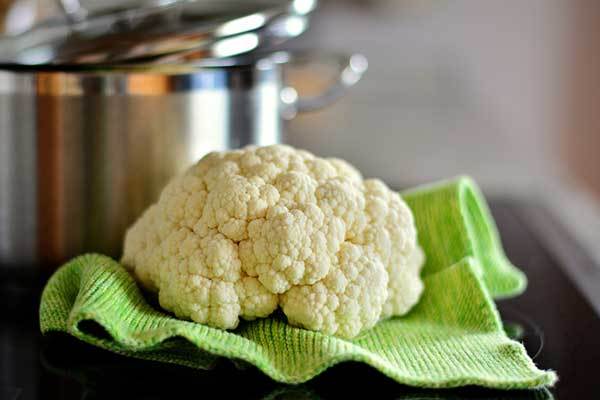
A piece of cauliflower vegetable generally consists of the florets as well as the leaves and the stem. And you may be wondering, can dogs eat cauliflower leaves? And what about the stems, can dogs eat cauliflower stems?
The leaves and florets are safe for dogs, and delicious too. However, avoid the stems at all costs. Cauliflower stems are so tough that they would require intense and prolonged cooking to make them tender. In the process, the vegetable could lose most of its dietary elements.
But what’s the best method on how to prepare cauliflower?
Generally, experts encourage steaming the vegetable. Steamed cauliflower retains many of its nutrients.
You can steam the florets whole, in bite-size pieces, or you can puree them. However, the conventional wisdom is to cut the vegetable into small, bite-size portions before cooking it. And remember always to cook fresh cauliflower.
Most importantly, cook and serve the vegetable plain, without any seasoning. Never add things like onions, garlic, or chili, as they’ll predispose your dog to gassiness and lots of other gastrointestinal problems.
If you’re unable to steam the cauliflower, you might still consider boiling, grilling, or roasting it. However, roasting or grilling may require that you season it. Therefore, you should generally stay away from grilled cauliflower whenever you can.
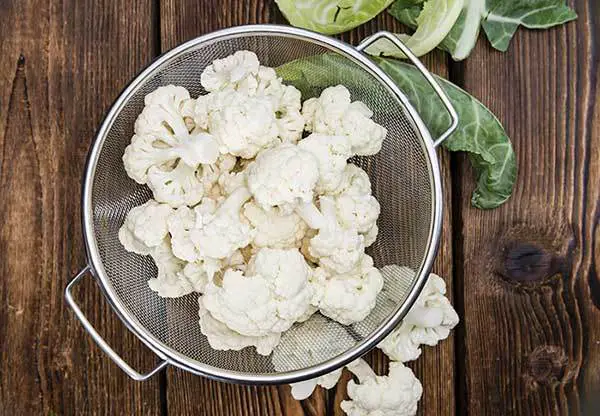
What about frying, can dogs eat fried cauliflower?
Not only does frying destroy most of the nutritional elements in the vegetable, but it also exposes your dog to high fat or butter content. Like salt, sugar, and condiments, excess fat is harmful to dogs. Besides causing weight problems, excess fat and butter may also contribute to the formation of loose stools, thereby causing diarrhea.
Some pet owners may choose to mash the vegetable and serve it as a treat. That’s perfectly fine. Indeed, your pooch will find mashed cauliflower easier to digest. The only problem is the ingredients you add to it. Shun the ingredients that have been marked as potentially harmful to dogs.
There’s also the question of canned, jarred, frozen, or baked cauliflower. And you may be wondering to yourself, can dogs eat frozen cauliflower?
Avoid anything baked, canned, or frozen. That’s because the cauliflower in any of these forms usually contains excess sodium and seasonings added to it.
- SUPERFOOD INGREDIENTS – This dog bone broth is crafted with carrots, sweet potatoes, apples, pumpkin, and ginger to help promote gut health and…
- SLOW-SIMMERED BONE BROTH – Your pup will love the rich aroma and taste of this slow-simmered bone broth that promotes healthy hydration and provide…
- NATURALLY OCCURRING COLLAGEN – Rich in natural collagen from beef bones, collagen is an essential protein that promotes healthy skin and nails while…
Last update on 2025-01-13 / Affiliate links / Images from Amazon Product Advertising API
How Safe Is Cauliflower In Rice or Pizza?
There are numerous ways through which humans can add cauliflower to their diets. We can consume the vegetable as a standalone dish or as part of a salad.
We can also eat cauliflower in pizza or rice. But is the same true for our canine friends? Can dogs eat cauliflower pizza? What about rice – can dogs have cauliflower rice?
Rice and pizza aren’t very dog-friendly. Rice, especially the processed type, is known to cause constipation in dogs. That’s because of the absence of bran. On the other hand, pizza often contains high amounts of sodium and condiments, the very ingredients that experts discourage.
However when it comes to cauliflower rice and cauliflower pizza crust they are totally ok for dogs provided they are free from seasoning and spices, and always keep in mind that moderation is the key.
What About Cauliflower Cheese – Can Dogs Eat Cauliflower Cheese?
Feeding your dog cauliflower cheese probably isn’t the best idea as most dogs have lactose intolerance and it takes only small amount of cheese to cause gastrointestinal issues.

Common Side Effects: Is Cauliflower Bad For Dogs?
Cauliflower may not be toxic to dogs. But giving your pooch more than the required amounts might trigger a host of gastrointestinal complications.
Common side effects include stinky gas, nausea, vomiting, and diarrhea. In some cases, the vegetable might cause allergic reactions. When that happens, withdraw it immediately and seek guidance from your vet.
Also, there are certain alternatives to cauliflower that you might consider. Examples include asparagus, green beans, edamame, cabbage, Brussels sprouts, cucumbers, and various forms of peas.
However, the best cauliflower alternative is broccoli. In a contest of cauliflower vs. broccoli, broccoli emerges the clear winner as it contains more fiber. It also tastes better than cauliflower. The only drawback is that broccoli packs more calories and may not be the better option in terms of weight management.
- NEW TO BLUE: Nudges are now part of the Blue Buffalo family; Same great taste and healthy ingredients, now backed by the True BLUE Promise
- REAL CHICKEN FIRST: Nudges Grillers are made with delicious real chicken as the first ingredient for an irresistible flavor
- TAIL-WAGGING TEXTURE: Dogs will dig the tender and deliciously charred texture of these healthy dog treats
Last update on 2024-12-20 / Affiliate links / Images from Amazon Product Advertising API
Conclusion: Can My Dog Eat Cauliflower Every Day?
It isn’t a great idea to offer cauliflower to your dog every day. However, you can give cauliflower to your pooch as an occasional treat.
And the best way to serve cauliflower to dogs is to steam the vegetable and offer it plain, with no condiments, salt, or seasoning.
Checkout Our Favorite Dog Products
1. BEST PUPPY TOY
We Like: Snuggle Behavior Toy with Heart Beat & Heat Pack – Ideal toy for new puppies.
2. BEST DOG TRAINING PROGRAM
We Like: Doggy Dan The Online Dog Trainer – Stop any dog problem and raise the perfect puppy with The Online Dog Trainer.
3. BEST DOG PUZZLE TOY
We Like: Outward Hound Interactive Puzzle Toy – Every dog loves chasing squirrels at the park. The Outward Hound Hide-a-Squirrel Puzzle Toy gives your dog the same feeling as though he was outdoors chasing live squirrels.
4. Best Bone Broth for Dogs
We Like: (Solid Gold – Human Grade Bone Broth for Dogs) – Simmered Beef Bone Broth With Turmeric Provides A Nutrient-Dense And Flavorful Addition To Your Dog’s Meal + Rich In Natural Collagen From Beef Bones.

